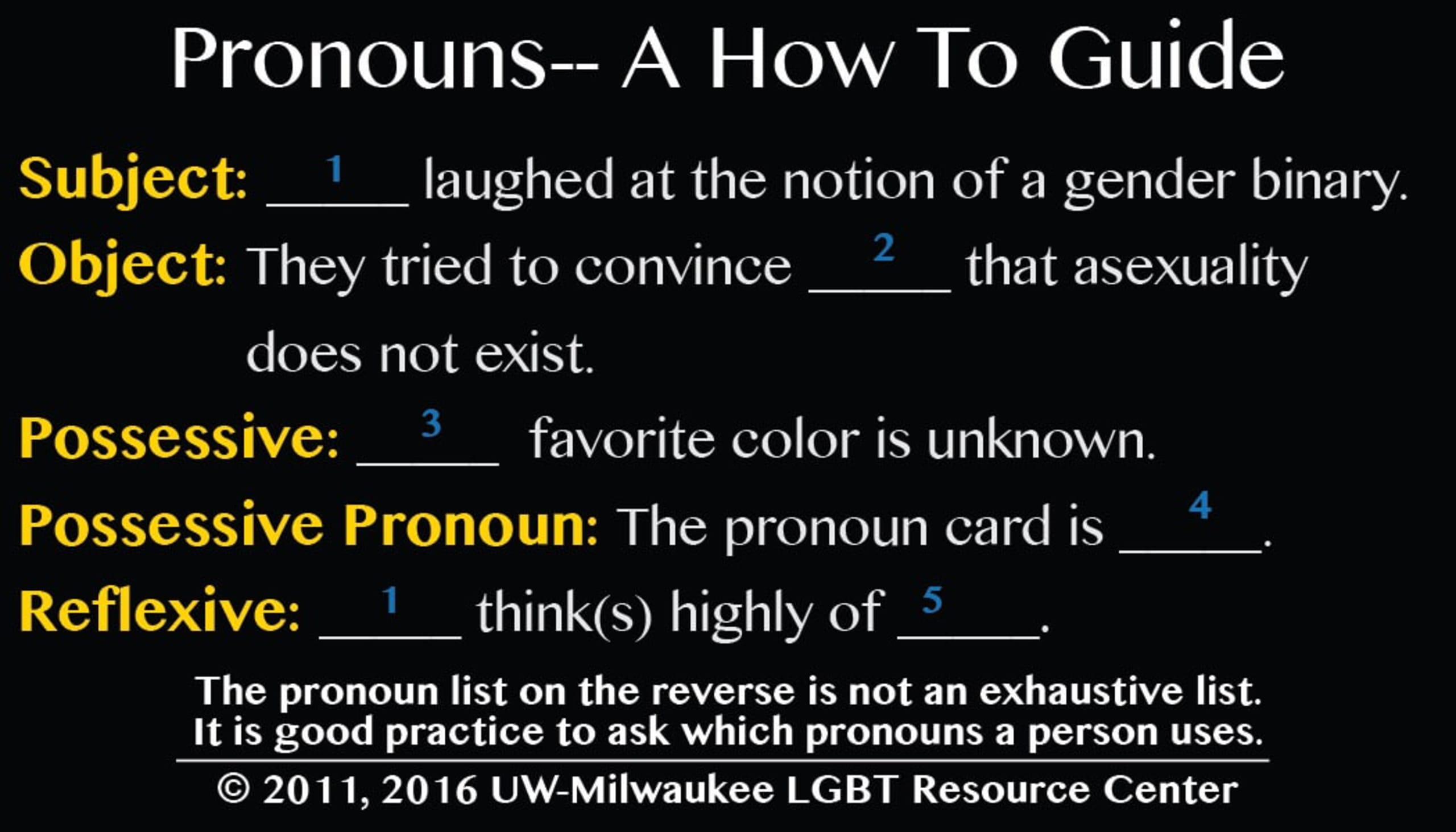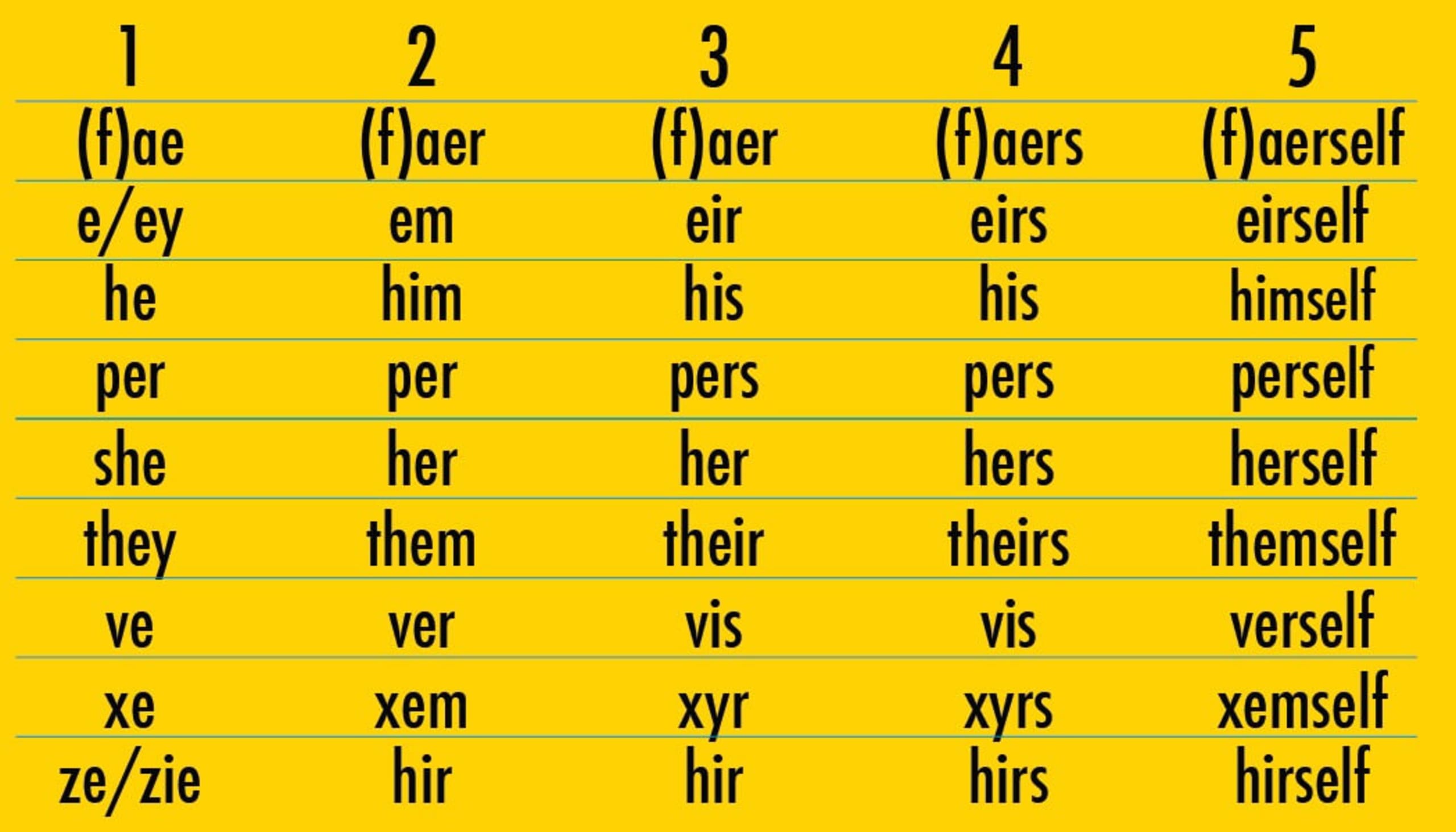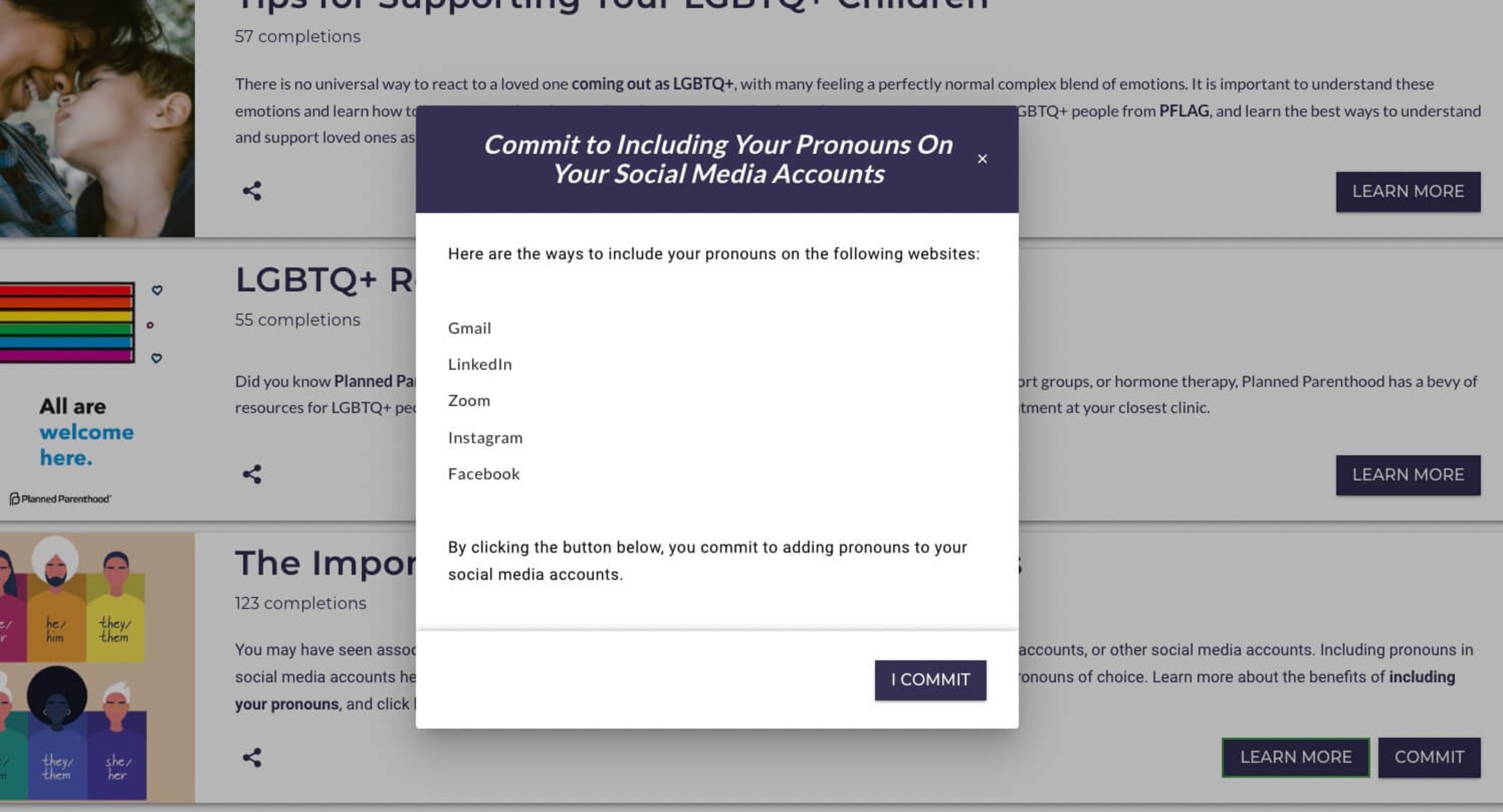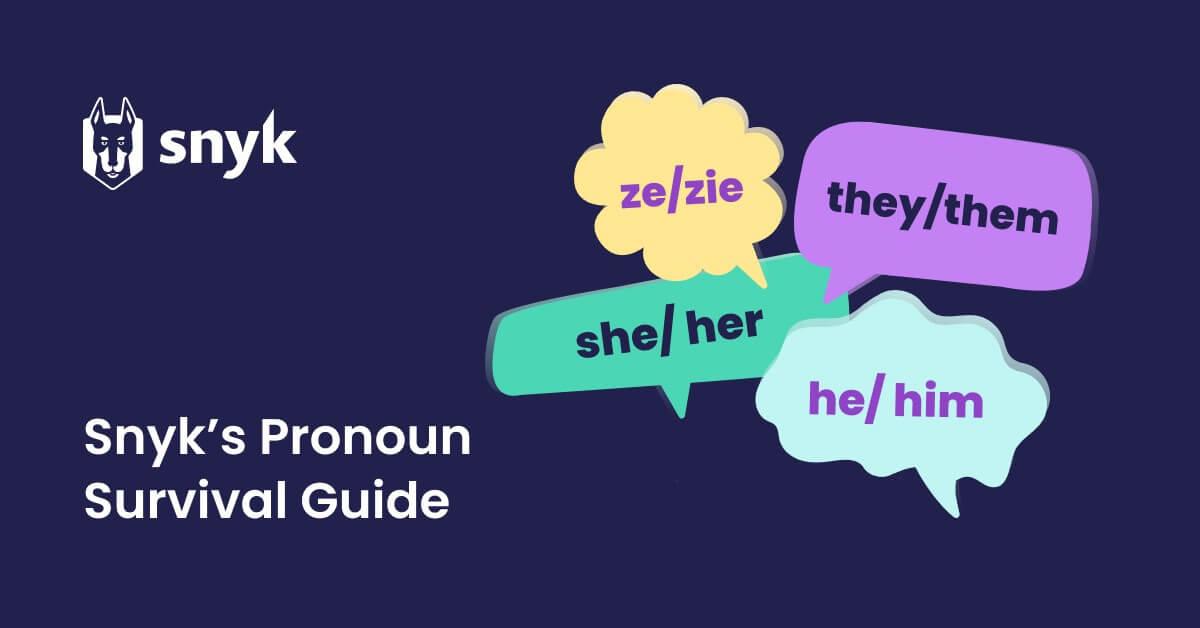Snyk’s guide to disclosing pronouns
9 de junho de 2022
0 minutos de leituraPronouns. English class taught us their basic grammatical function — to refer to a person talking or someone/something being talked about — but gendered pronouns have deeper identity-centered implications.
As a part of someone’s gender expression, pronouns are integral to respectful communication. While they’re often discussed in relation to transgender and nonbinary communities, we all have, and use, gendered pronouns.
Whether you identify as cisgender or fall somewhere under the gender-nonconforming umbrella, disclosing your pronouns early and often makes everyone’s lives easier. So, in honor of Pride Month, let’s walk through why pronouns are important, the benefits of disclosing them, and what to do if you make a mistake.
Why they’re important
Many of us were raised to think of gender (and thus gendered pronouns) as binary. He/his and she/her were the primary options, and we were left to assume which group an individual fit into by observation alone. In reality, there’s no way to know how a person identifies or what pronouns they’d prefer without asking or hearing it from them directly. How someone dresses, looks, or speaks tells you nothing about the gender they identify as and how they want to be referred to.
Some people may identify as one gender throughout their entire lives, while others shift to an identity that better reflects who they are as a person once or multiple times. Some people use one set of pronouns (e.g. she/her or they/them), while others identify with multiple pronouns (e.g. he/they, they/ze, he/she/they) and may or may not have a preference for which are used to refer to them.
When it comes to gender identity and pronoun use, nothing is obvious. Moving away from assumptions and guessing helps foster communication and understanding in and out of the workplace.
A simple solution
One of the easiest ways to help increase understanding around gendered pronouns is to list them in your various profiles. You’ve probably seen a “preferred pronouns” field in apps such as Slack or LinkedIn, and received notifications from coworkers and colleagues who list their pronouns after their name (e.g. Snyk’s mascot Patch (he/they)). Including your pronouns in your name is especially helpful, because it puts the information front and center.
It might seem strange, at first, to explicitly list your pronouns, especially if you haven’t done it before or identify as cisgender. But you can help out your colleagues and support the LGBTQIA+ community by doing so.
No one wants to accidentally misgender someone. And disclosing your pronouns is a sure fire way to both prevent this from happening to you and minimize the stress and worry that people reaching out to you may feel. It’s similar to the Ms. vs. Mrs. honorifics. There’s no way to tell if someone is married by looking at their Slack profile, but you don’t want to disrespect them by using the wrong honorific. Pronouns work the same way. Listing your preferred pronouns like you might list an honorific gives anyone reaching out to you clear instructions on the best way to refer to you.
What if you mess up?
So, despite being aware, you accidentally misgendered someone. What do you do now? Luckily, the answer is simple: apologize. We all make mistakes, and accidentally misgendering someone is much different than intentionally doing so. The best thing to do is to sincerely apologize and move on. Attempting to say you’re sorry multiple times, panicking, or otherwise making a big deal out of an honest mistake doesn’t help anyone. In fact, it often makes the situation more upsetting and uncomfortable for the person who was misgendered. A simple, genuine, apology is all anyone wants.
Tips to take with you
Each time we add our pronouns to our profile names, or in face-to-face conversations (e.g. “Hi, I’m Patch! My pronouns are he/they.”), we take another step toward a more inclusive and holistic gender perspective. And every bit of effort makes a difference.
Use this simple how-to guide, from the University of Wisconsin Milwaukee’s LGBTQ+ Resource Center, as a quick reference for pronoun usage and some of the less common options. To learn more about the different aspects of gender, and how they affect someone’s holistic identity, visit genderspectrum.org.


Take Action
Join our fellow Snykers as we aim to take 1,000 informative actions for the LGBTQIA+ community throughout the month through our PRIDE action campaign. If we meet our goal by June 30, Snyk Impact will make a charitable contribution to OutRight Action International. Snyk will also match employee donations to eligible LGBTQIA+ charities made through our Deed giving platform at 1:1 up to $500 USD/year.

